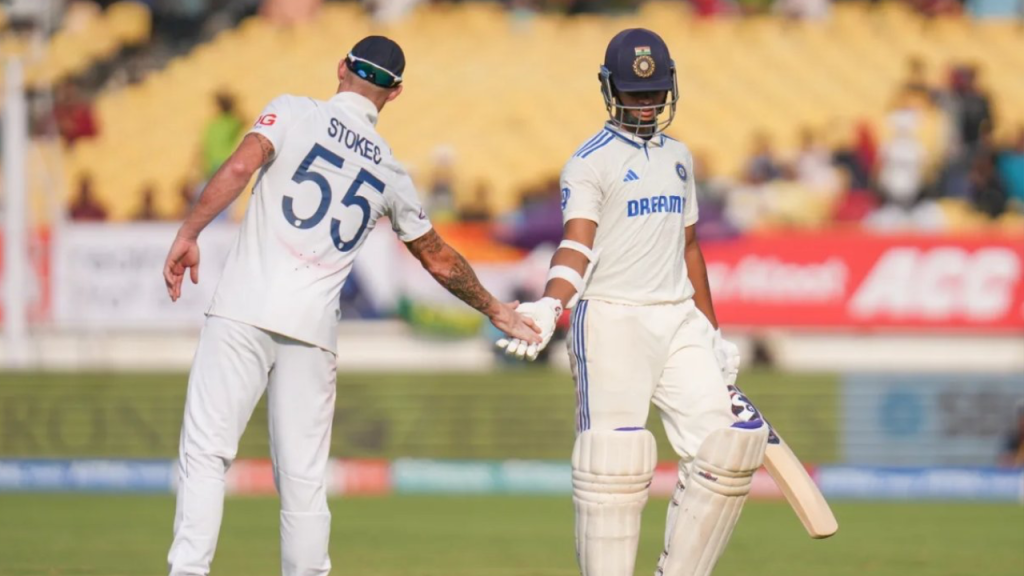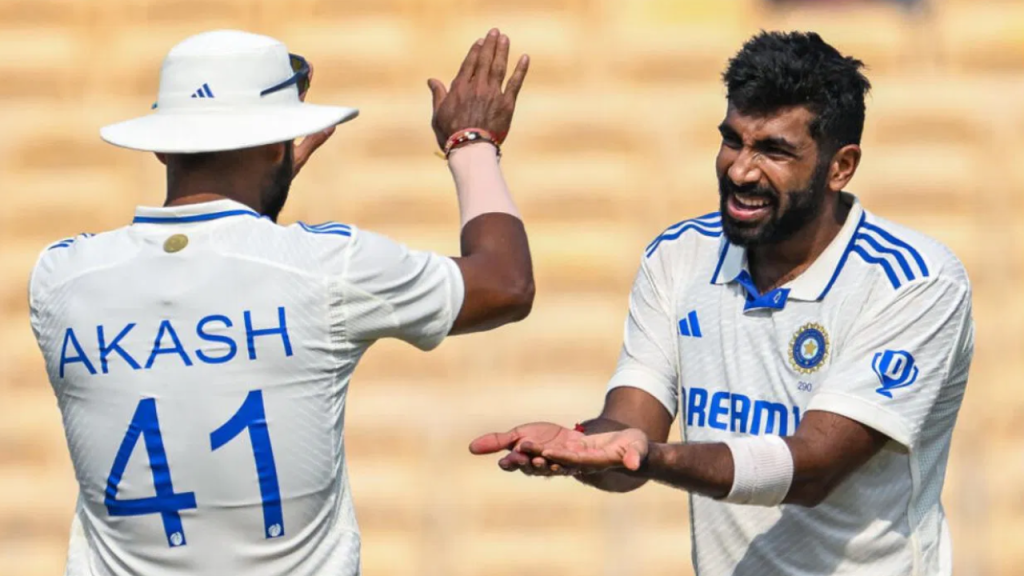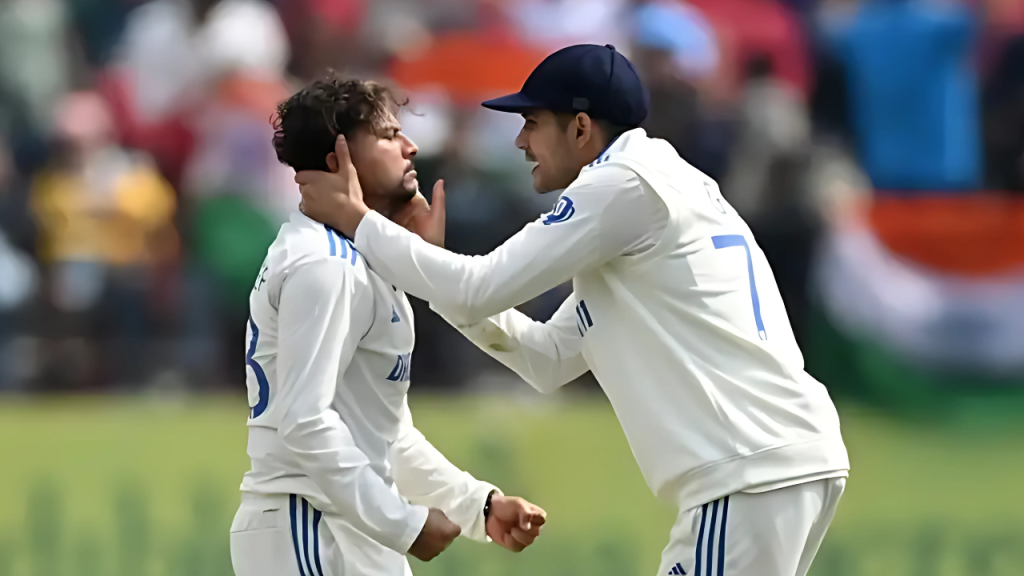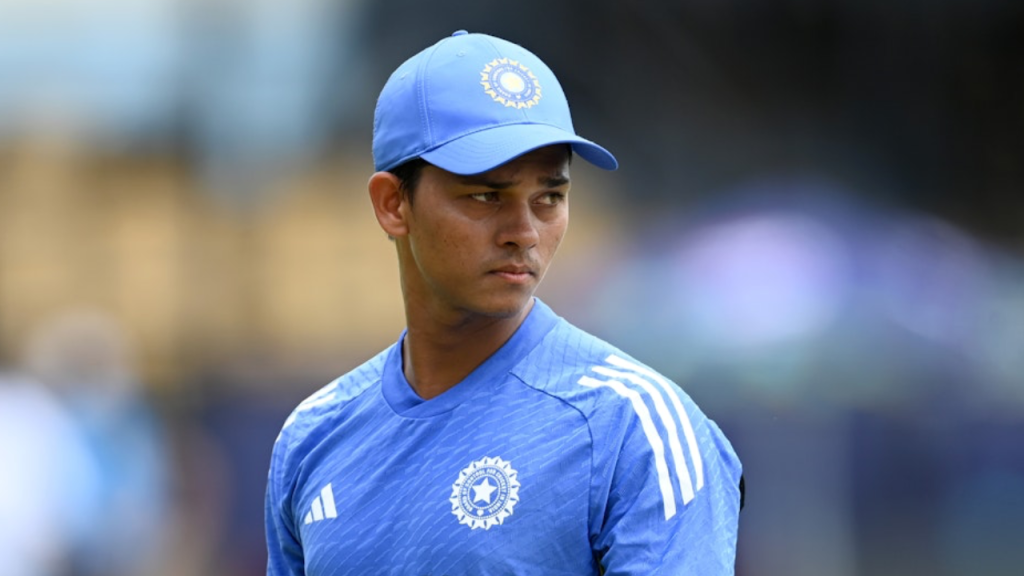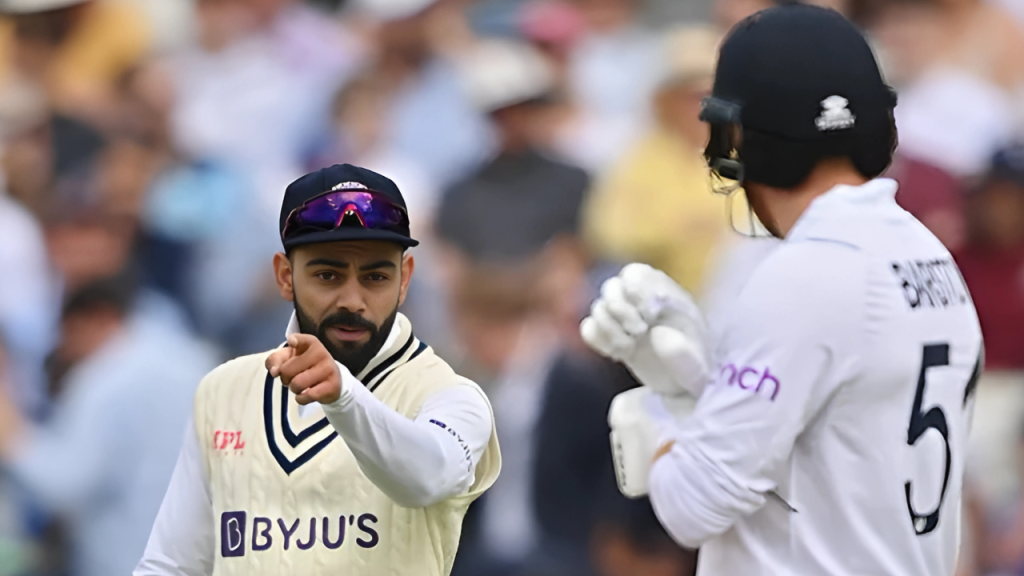In a candid revelation that has stirred the cricketing world, Rohit Sharma, the captain of the Indian cricket team, has confirmed his retirement from T20I cricket, emphasizing that his decision is “final.” This statement, made post the T20 World Cup victory in 2024, not only marks the end of an era for Rohit Sharma in the shortest format but also sets a tone for how he views the concept of retirement in modern cricket.
Sharma’s announcement came with a poignant critique of the retirement trend in cricket. “Retirement has become a joke these days in world cricket,” he remarked, highlighting the frequent U-turns by players from other countries who announce retirement only to return later. This observation from Sharma, known for his straightforward approach, underscores his commitment to his decision, distancing himself from the trend of retirement retractions.
The decision to retire from T20Is was not taken lightly by Sharma. Having led India to victory in the T20 World Cup, he felt it was the perfect moment to bow out, leaving on a high note. “It was a perfect time to say goodbye to the format which I really loved playing,” Rohit Sharma shared, reflecting on his journey from the inaugural T20 World Cup in 2007 to his last match in 2024. His career in T20Is, spanning 159 matches, saw him amass 4231 runs at a strike rate of 140.89, a testament to his impact on the format.
“Retirement nowadays has become a joke in cricket. People announce their retirement, but comeback. It hasn’t happened here, but I’ve been observing players from elsewhere, they bid adieu and then make a U-Turn. My decision is final to quit T20is”. Indian Skipper Rohit Sharma Said.

However, Sharma’s retirement from T20Is doesn’t signal a slowdown in his cricketing endeavors. With his sights set on Test cricket, Sharma’s focus has shifted towards the longer format, especially as India prepares for a crucial series against Bangladesh. His recent activities, including rigorous training sessions and a lighter, playful side shared on social media, indicate his preparation for the upcoming challenges. This move to concentrate on Test cricket could be seen as Sharma’s attempt to extend his international career while focusing on a format that demands endurance, skill, and strategy, qualities he has in abundance.
The retirement from T20Is also opens up discussions about Sharma’s future in the IPL. Speculations have been rife, especially after hints that he might not continue with Mumbai Indians under new management. While nothing is confirmed, Sharma’s decision-making process has always been about legacy and impact, suggesting that any move in the IPL would align with his vision for his cricketing future.
Sharma’s approach to retirement and his critique of the trend of U-turns reflect a broader commentary on the professional ethics in cricket. His stance might encourage a culture where decisions, especially those as significant as retirement, are treated with the respect they deserve, not as a revolving door for comebacks.
As Rohit Sharma gears up for the Test series against Bangladesh, his focus, determination, and the legacy he aims to build in Test cricket are clear. His retirement from T20Is, while closing one chapter, opens another where fans can witness his mastery in the traditional format, potentially adding more laurels to his already illustrious career. Sharma’s decision, while personal, resonates as a call for authenticity and commitment in the world of cricket, reminding everyone that some decisions, once made, are meant to be final.
